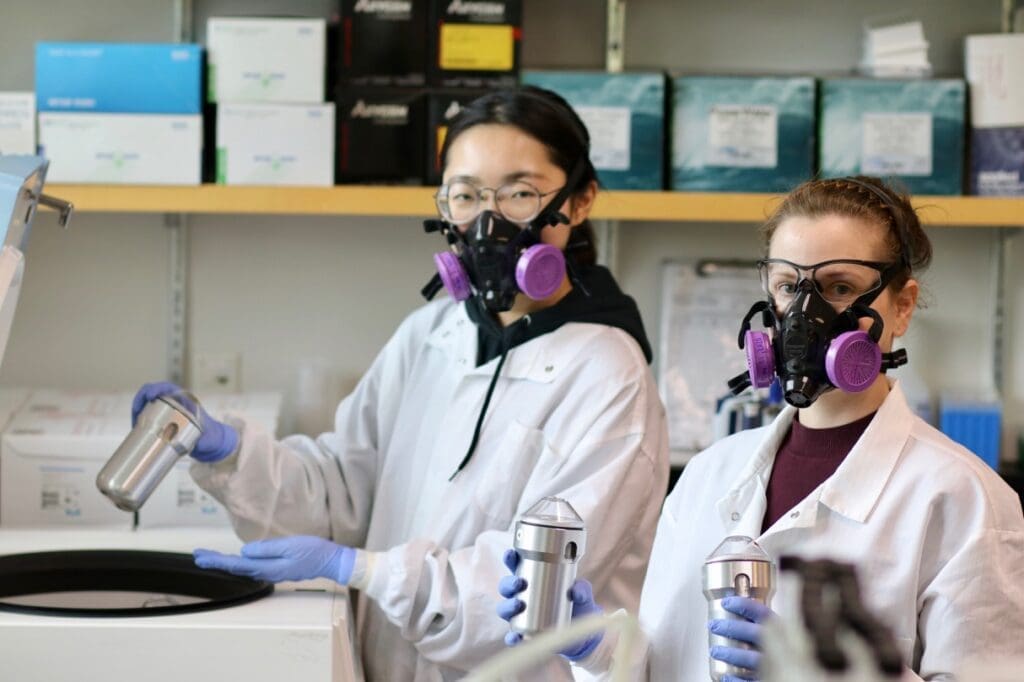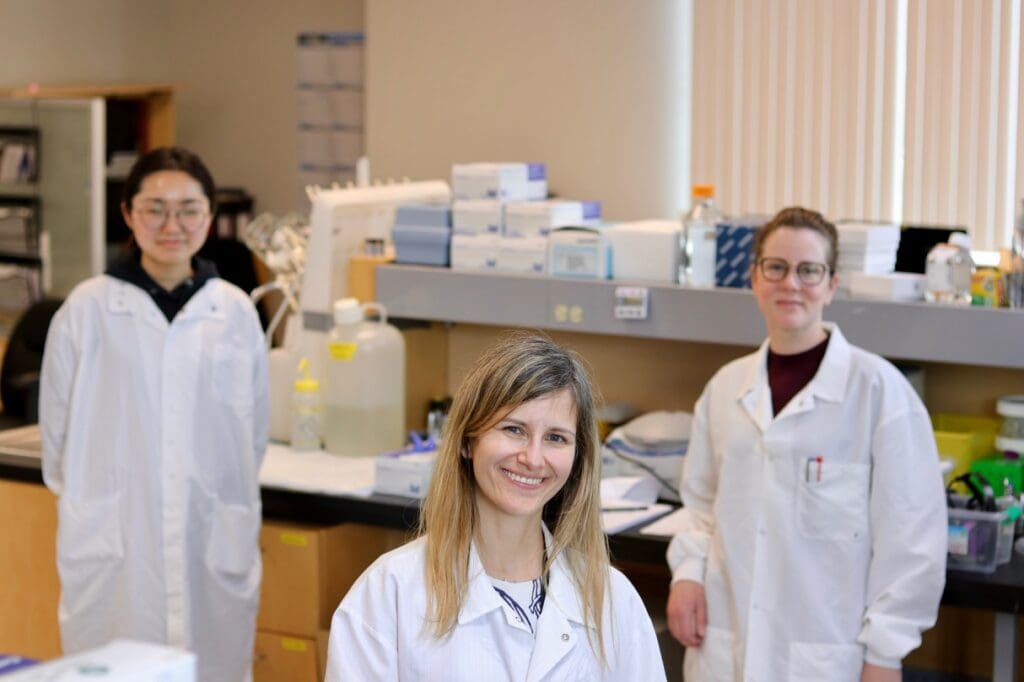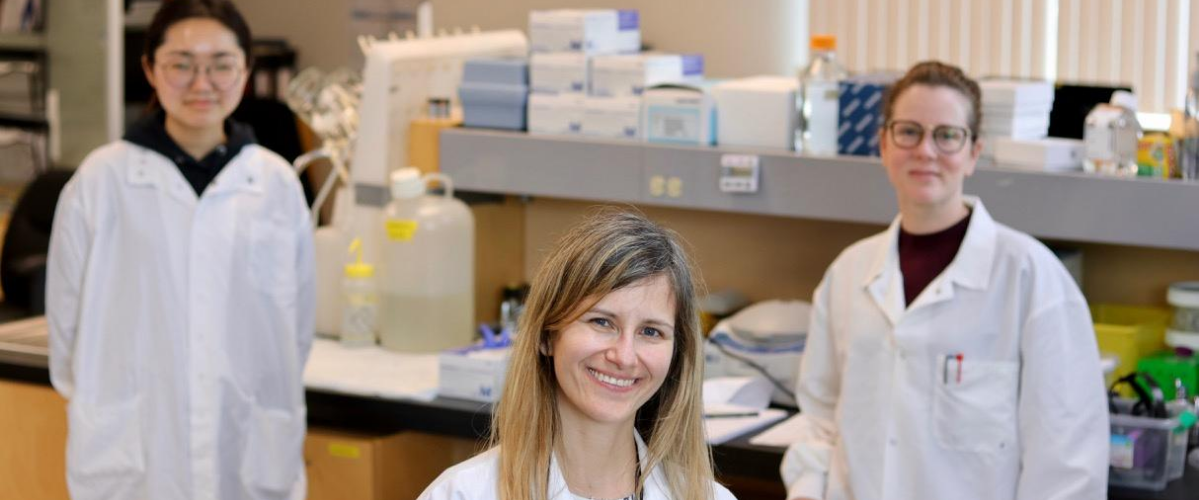Guest post by:
Dr Natalie Prystajecky
Program Head, Environmental Microbiology, BC Centre for Disease Control Public Health Lab
Clinical Assistant Professor, Pathology and Laboratory Medicine, University of British Columbia
Dr Melissa Glier
Research Associate, Environmental Microbiology, BC Centre for Disease Control
To most, wastewater (aka sewage) is something that is flushed down the toilet and out of sight, out of mind. But to us as researchers at the BC Centre for Disease Control Public Health Laboratory (BCCDC PHL), wastewater may serve as an important tool for tracking the spread of COVID-19.
We (Dr Prystajecky as principal investigator and Dr Glier as lead researcher) have been working together with Metro Vancouver, studying viruses in wastewater since 2018. Our work initially focused on the occurrence of enteric viruses that cause gastrointestinal illness (e.g. vomiting and diarrhea) in wastewater and understanding how they could be removed by wastewater treatment. Furthermore, this wastewater testing could also be used as a tool to monitor viruses such as norovirus, because it can serve as a proxy for diarrheal illness in BC communities.

On March 11, the World Health Organization declared the global outbreak of COVID-19 a pandemic and our research on enteric viruses in wastewater was put on hold, so the BCCDC PHL could focus on COVID-19. Interestingly, although COVID-19 is primarily a respiratory illness, a significant proportion of people who have tested positive for COVID-19 shed the virus in their feces. In March, researchers in the in Netherlands were the first to report the detection of SARS-CoV-2 genetic material in the city of Amersfoort’s wastewater, even before the first COVID-19 cases were confirmed in that city. Since then, numerous researchers around the globe have been able to detect SARS-CoV-2 in wastewater and apply this work as part of their pandemic response. By testing for SARS-CoV-2 in wastewater, researchers can assess the occurrence of the virus in an entire community.
With methods already developed to detect enteric viruses in wastewater at the BCCDC PHL, we were able to quickly to switch gears and apply these methods to detect SARS-CoV-2 in BC’s wastewater.

With the support of Metro Vancouver and the BCCDC Foundation, the testing of SARS-CoV-2 RNA, Dr Glier and co-op student Ziwen-Jo Ran have rapidly developed and validated a series of methods to test wastewater for SARS-CoV-2. Our next steps are to carry out a prospective pilot study to detect and quantify SARS-CoV-2 genetic material on a weekly basis in order to identify trends in community transmission. We anticipate that this study will provide crucial data to support the integration of wastewater testing as an important surveillance tool in the fight against COVID-19 in BC.
We’re proud to support cutting-edge research at the BCCDC, and our donors are what help turn evidence into action. You can support more COVID-19 public health research by making a donation to our Emergency Response Fund today.



